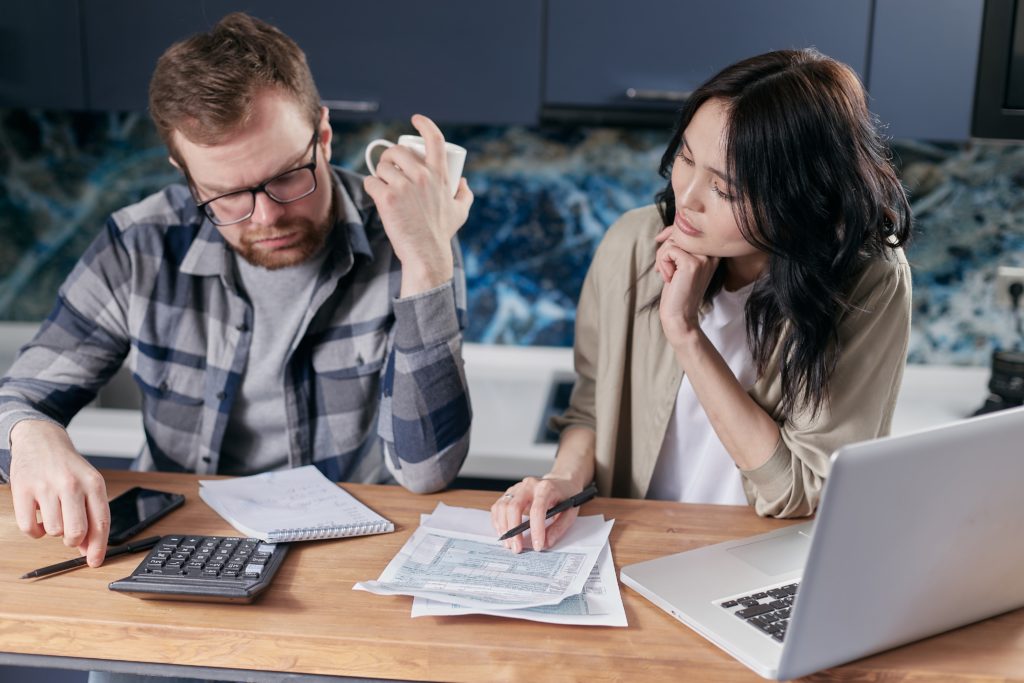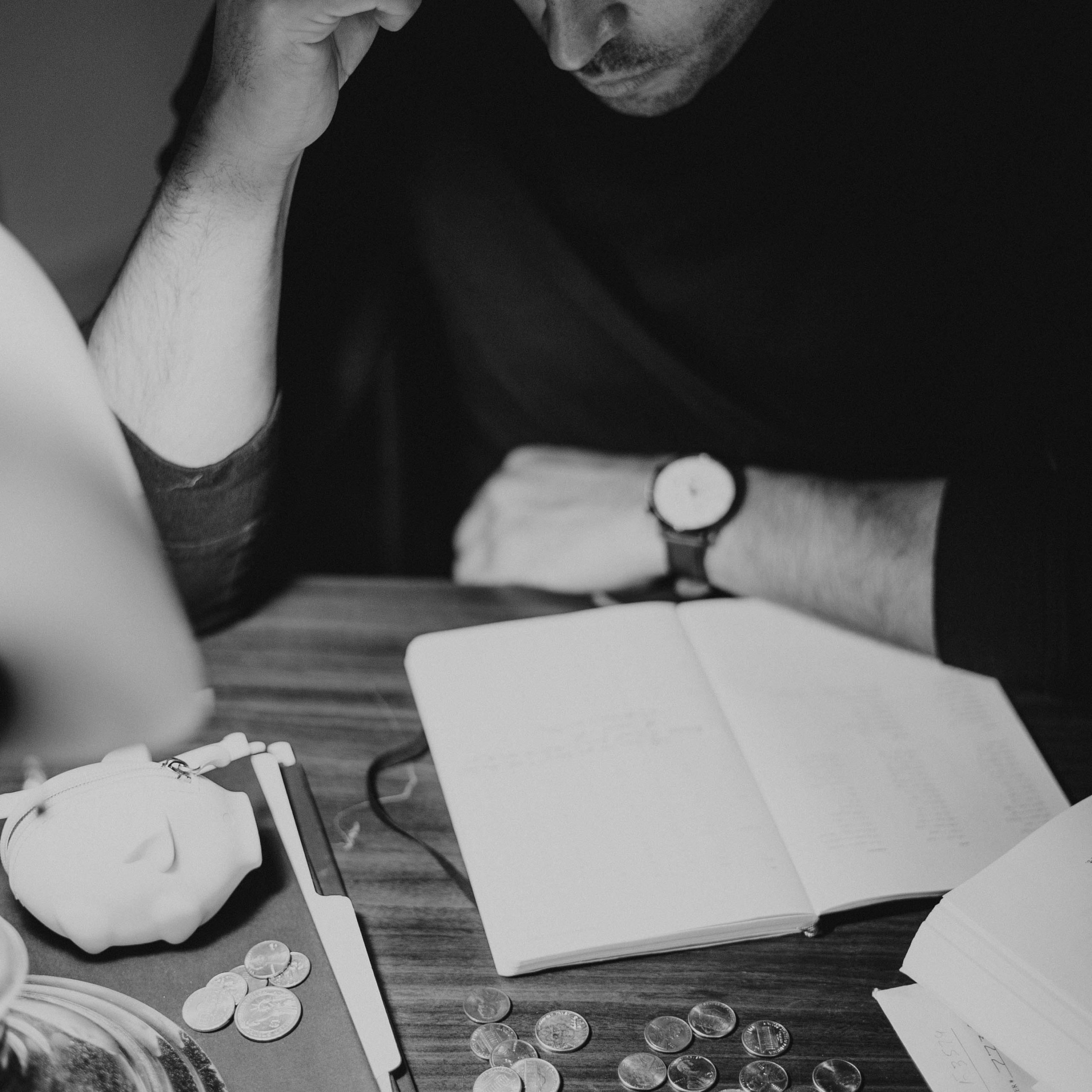Struggling with debt? There is a way out
From stripping back your expenditure to filing for bankruptcy, there are ways to help you out of the red, so let’s start talking about money

When you find yourself in debt, trying to find a way out can feel overwhelming and often this can lead to making poor money choices. If this is something you are facing, the best idea is to slow down and take some time to consider your options. Help is available.
The first thing to remember is that you are not alone, and there is no shame in seeking help for financial difficulties. It is estimated by The Money Charity that people in the UK owed £1.7 billion at the end of April – that’s £32,355 per adult, which equates to 108.7% of average earnings.
With mortgages, credit cards and other types of loans all piling up, it is easy to be derailed financially when your situation changes, such as losing your job or splitting up with a partner. The past year has thrown many people into financial struggles, with the disruption of the pandemic leading to many workers being furloughed, let go or unable to earn a living in their usual way.
This is particularly true for young people, with The Money Charity claiming that 51% of 18- to 24-year-olds have “made a poor decision about debt during the pandemic”. Buy-now-pay-later schemes are highlighted as a particular area of stress for younger consumers, as well as keeping up with household bills.
Once you have made the decision to face up to your debt problem, the first step is to sit down and work out exactly what you owe and to whom. It might seem scary to do this, but getting it all out in black and white in front of you will make it easier to deal with.
Now you need to divide the debts into categories. Priority debts should be dealt with first, and these relate to everyday living expenses such as rent or mortgage payments and bills (although not your water bill, as this can never be cut off for non-payment). The reason these are priority debts is that if they are not paid, it will negatively impact your daily life and could lead to homelessness. After these, you should focus on other forms of debt such as credit card debts, store debts and money owed to family and friends.

Once you know what you have to pay, the next step is to think about how you are going to pay. This is easier said than done, but it is time to think about ways to boost disposable cash. Could you increase your income or hours? Can you economise and cut down living costs?
Sometimes this can be enough to focus you financially and start the road to recovery. If not, there are other options. One is to talk to your creditors and explain the situation. They might agree to allowing you to repay what you owe over a longer period.
An initiative that could help to do this across multiple loans is a debt management plan (DMP), which consolidates your debts and allows you to repay them with a single, affordable payment. Such schemes are supported by the government and charities including StepChange Debt Charity offer fee-free access to plans. You could also apply for an individual voluntary arrangement (IVA), which works in a similar way but will write off any remaining debt at the end of an agreed term, usually five or six years.
If you are really struggling with money and a monthly repayment just isn’t an option, there are still ways to get out of debt. Depending on how much you owe, you could apply for a Debt Relief Order (DRO) for debts of less than £30,000, or if your debts exceed this you could apply for bankruptcy.
All of these options come with serious consequences; these are not magical solutions that will simply wipe away debts and allow you to start over with zero repercussions. With IVAs, for example, you could lose any equity you have in your property, and with bankruptcy it impacts your future borrowing capacity, making it very difficult to get a mortgage or loan in the future.
For help in weighing up the options when it comes to clearing your debts, do seek professional advice from a reputable source, such as a debt charity or Citizens Advice. And for a positive, uplifting conversation about debt and money for anyone navigating their finances, we’d highly recommend Otegha Uwagba’s new book We Need To Talk About Money. The title says it all.



